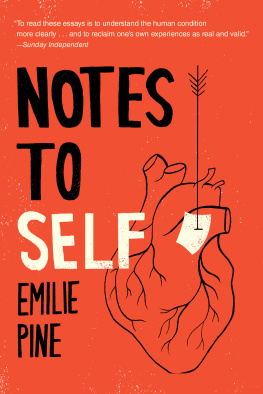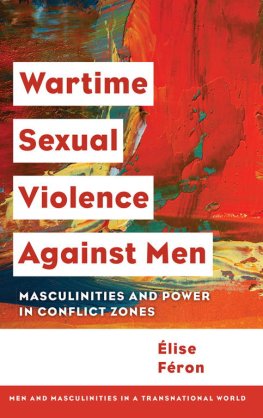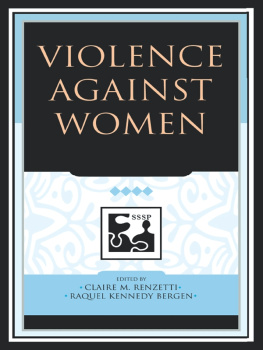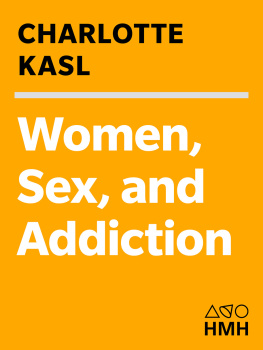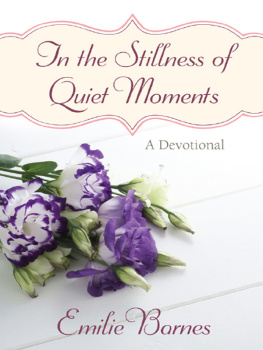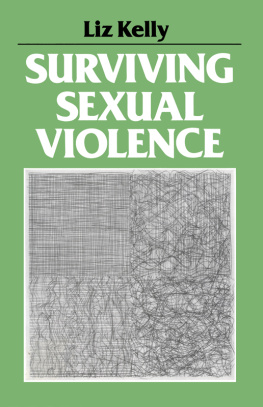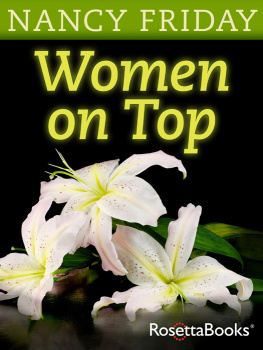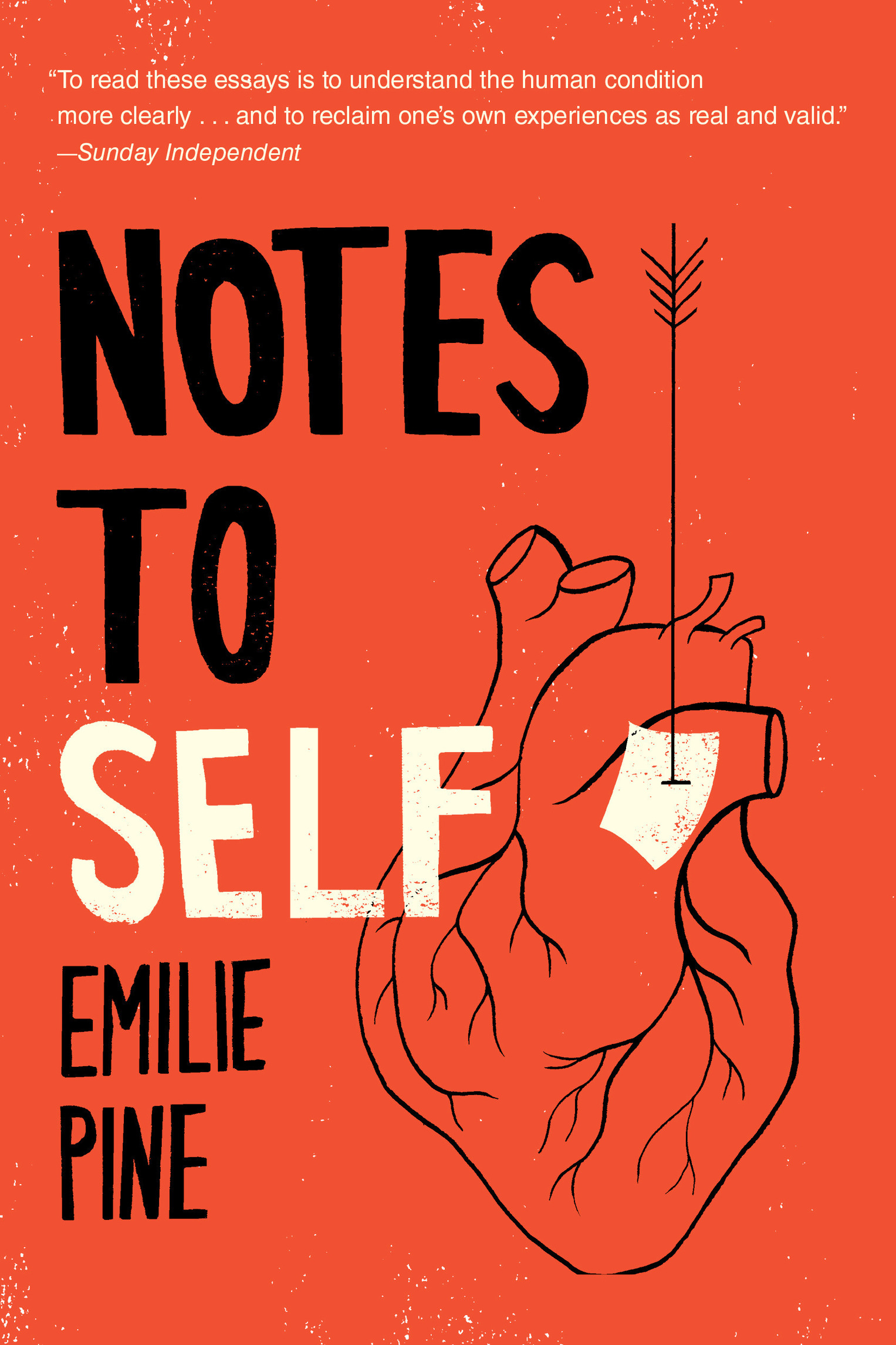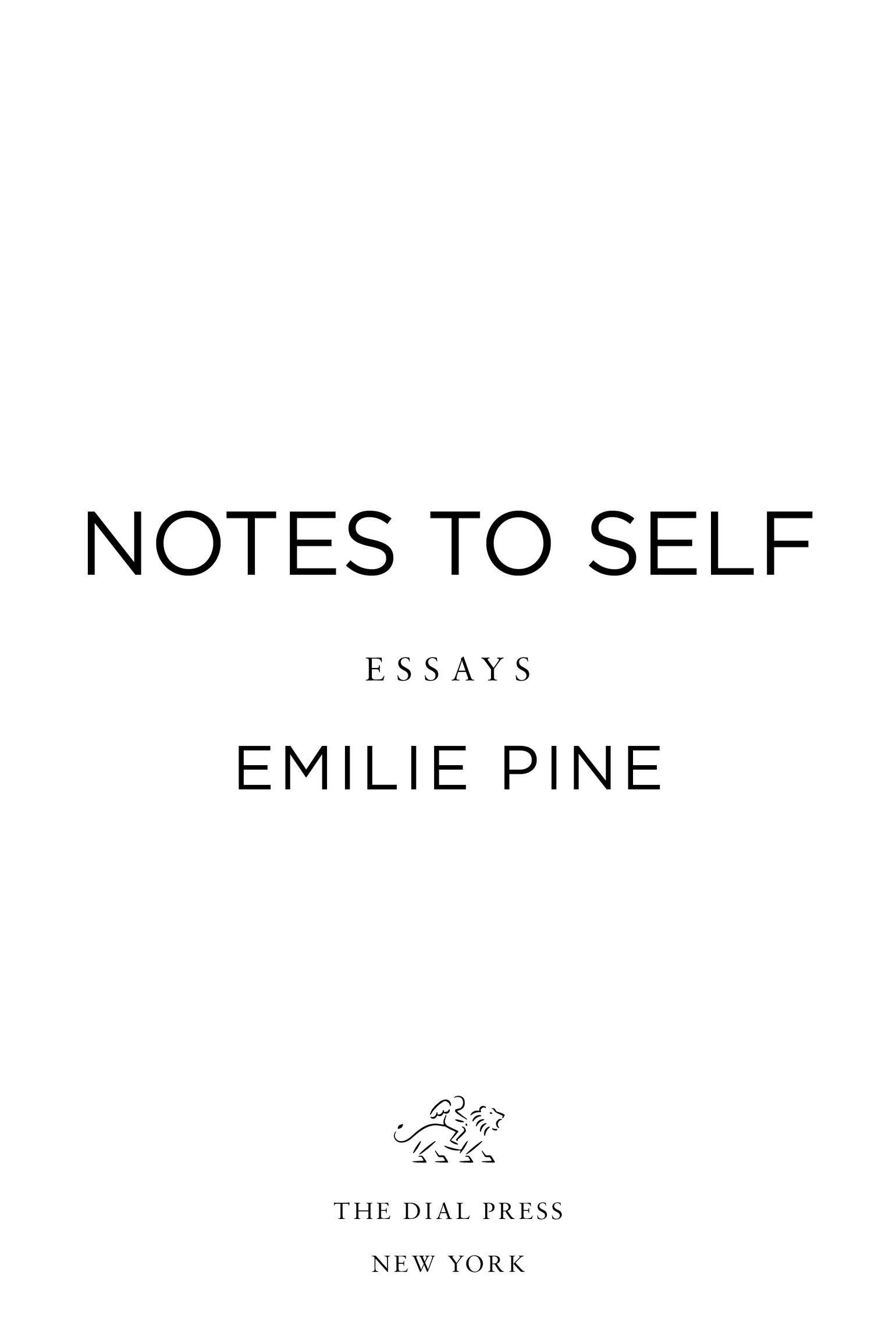PRAISE FOR NOTES TO SELF
Emilie Pines voice is razor-sharp and raw; her story is utterly original and as familiar as my own breath. Both timeless and urgent, Notes to Self is my favorite memoir of the yearI will be giving copies of this stunning book to all of my friends.
G LENNON D OYLE , #1 New York Times bestselling author of Love Warrior
Do not read this book in public: it will make you cry.
A NNE E NRIGHT , Man Booker Prizewinning author of The Gathering
Every line pulses with the pain and joy and complexity of an extraordinary life.
M ARK OC ONNELL , author of To Be A Machine
Absolutely superb.
Irish Examiner
Notes to Self begins as a deceptively simple catalogue of the injustices of modern female life and slyly emerges as a screaming treatise on just what it means to make your own rules, turning the hand youve been dealt into the coolest game in town. Emilie Pine is like your best friendif your best friend was so sharp she drew blood.
L ENA D UNHAM , #1 New York Times bestselling author of Not That Kind of Girl
The writing is so clean and accessible that each slice of her life is rendered crystal clear, yet there is room for paradox, complexity and humour. To read these essays is to understand the human condition more clearly, to reassess ones place in the world, and to reclaim ones own experiences as real and valid.
Sunday Independent
Having read the first essay of these six personal pieces, you will spend the next few days telling people about it.Such is the strength of the opening essay that, were it followed by 150 blank pages, this book would still be worth buying. As it turns out, the second inclusion, From the Baby Years, is equally strongI cried twice reading it.[Pine] learns to speak of rape and menstrual blood, to look at and appreciate her body, to stop mistaking femininity for weakness.Fascinating and relatable throughout. As soon as you think you know her, she reveals another side.I have already recommended this to several people. And Im doing the same here.
The Sunday Times
[Pines] writing is clear and urgent, the kind that makes you sit up and take notice.Well worth readingnot just for Pines no-nonsense honesty when it comes to subjects many of us still arent comfortable discussing, but also because shes acutely aware of how shes shaped the story of her life in these pages.
Independent
Ive never read anything quite like these essays. Pines fluent intelligence flows through each question, each dilemma, in its own inimitable way. Its the kind of book you want to give to everyone, especially young women and men, so that we can learn together to take ourselves and each other more seriously.
Irish Times
Brave, wise and beautifully nuanced, the six essays explore subjects that have traditionally been considered off-limits.Though in the essays she pushes herself into painful, sometimes traumatic, memories, there is humour in the darkness and vice versa. She is excellent at capturing contradiction and the complexity of human emotionshow happiness can contain grief, how the act of writing can make the writer powerful and vulnerable at once.
Irish Independent
In turn heartbreaking and heart-mending, raw and searingly honest.
RT
With pinpoint precision, [Emilie Pine] welcomes readers into select, deeply personal parts of herself and explores them with beautiful nuance.It is the kind of writing we should be grateful to havethat someone was so willing to lay the harsh, at times heartbreaking realities of life on the page in such beautiful essays. Incredible and insightfulan absolute must-read.
The Skinny
Agonisinguncompromisingstarkly brilliant[a] short, gleamingly instructive book, both memoir and psychological exploration, [which] transcends the trope of the misery-as-therapy narrative so radically that it becomes something else entirelya platform for that insistent internal voice that almost any woman, having somehow navigated her way to early middle age, wishes they had not ignored at crucial moments, or, on reflection, at any moment. It is disarmingly bold in its candor, discussing, head-on, taboo subjects.Pine is not simply making something worthwhile out of pain but showing others that they can do so, too.
Financial Times
It would be hard to find writing more powerful than that in these essays.These are notes for everyone.
Image Magazine
Every woman has that writer that makes them feel less alone in their own bodies, who, through their refusal to be silent about insecurity and embarrassment, answers the clawing question is it just me who feels like this? Emilie Pine is that writer.
Totally Dublin
All rights reserved.
Published in the United States by The Dial Press, an imprint of Random House, a division of Penguin Random House LLC, New York.
T HE D IAL P RESS is a registered trademark and the colophon is a trademark of Penguin Random House LLC.
Originally published in Ireland and in slightly different form by Tramp Press in 2018.
AUTHOR'S NOTE
Early one Sunday morning in 2013 my father began to vomit blood. He was hemorrhaging from a hole in the wall of his esophagus, a hole burned by decades of alcohol abuse. He sent me a panicked text, telling me he was bleeding. I was still in bed. I heard the phone beep, I saw the message. And then I lay there for a while, wondering what it would take to ignore him. It is hard to love an addict. It is harder to walk away.
That morning, I phoned my dad and I went to help him. Now, six years on, he is alive, and not drinking, two facts I could not have imagined until very recently. Neither could I have imagined writing about him, about his addiction, about our relationship. But, as he slowly regained his health, and our lives found their new normal, I discovered that I was still lost, still trying to make sense of everything that had happenedtrying to make sense of my own contradictions. I started to write notes to myself, to get my thoughts down on paper, and out of my head. I wrote in a blur and, when I had a record of the past year written out, I printed it and carefully put the pages in a drawer. Tidying up one day, my partner found those pages and began to read. He asked me what I was going to do with them. Leave them in the drawer, I said. He smiled. Theyre very good, he said.
It took me two years to build up enough courage to show those notes to anyone else. In October 2016 I sent them to Tramp Press, a two-woman independent feminist press in Ireland. A couple of months later they asked me to lunch. They said they loved the piece, and then they asked if I had a book in me. I was surprised. What would I write about? I asked. Anything you like, they said. Essays, maybe?
There are many valid reasons why people keep difficult experiences private. Talking about them can feel like exposing a raw nerve. It can make us afraid of others judgments. It can make us feel more, not less, alone. And so we keep quiet. But its not just the risk of public exposure that silences us; our self-censorship is so often due to that disapproving inner critic, whose voice tells us that our lives are too small, or too messy, or too painful to share. I didnt want to listen to that critical, belittling voice any longer, and the possibility of an essay collection was the permission I needed. On the bus home that day I thought about all the things I really wanted to say. I took out a scrap of paper and scribbled down five ideas. The things that burned inside me to be let out. I got home and, still in my coat, sat at the kitchen table and began to write.

